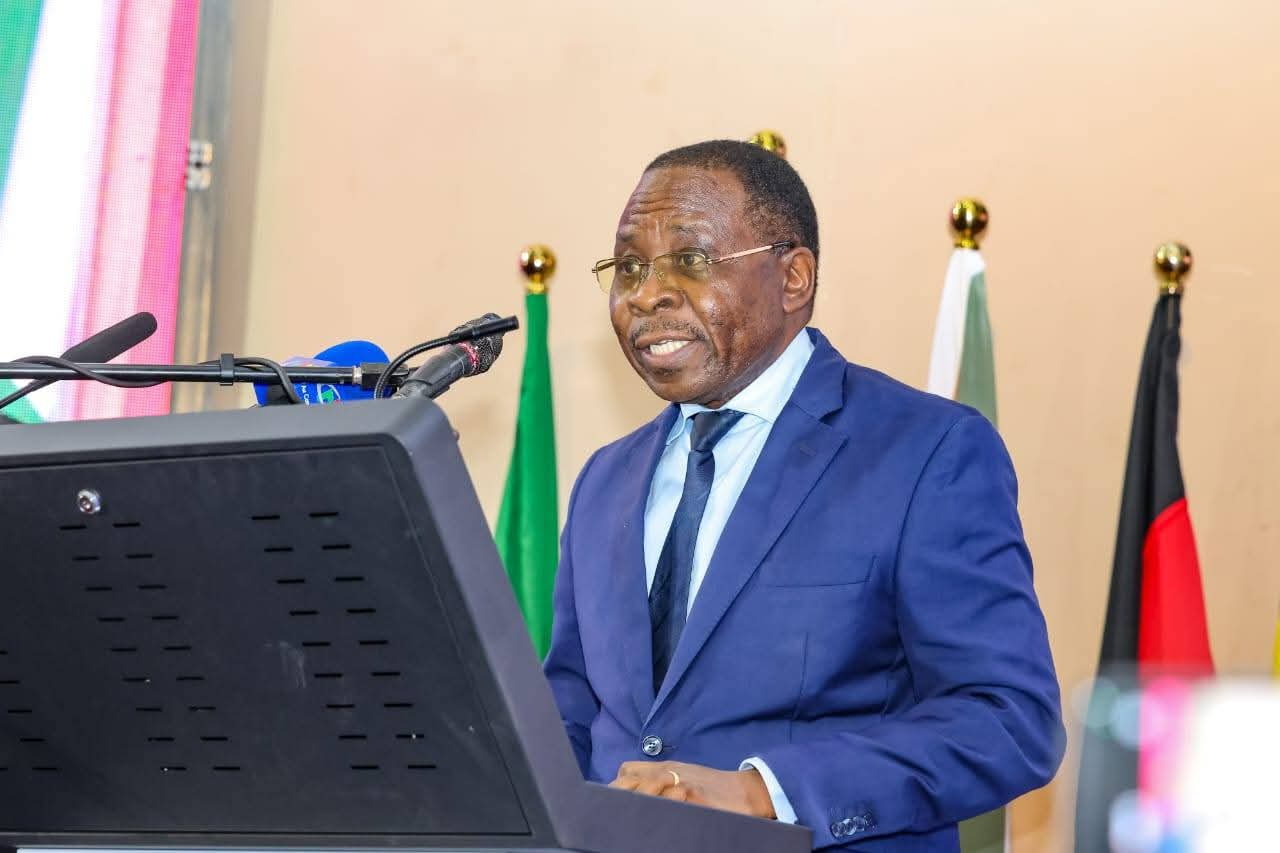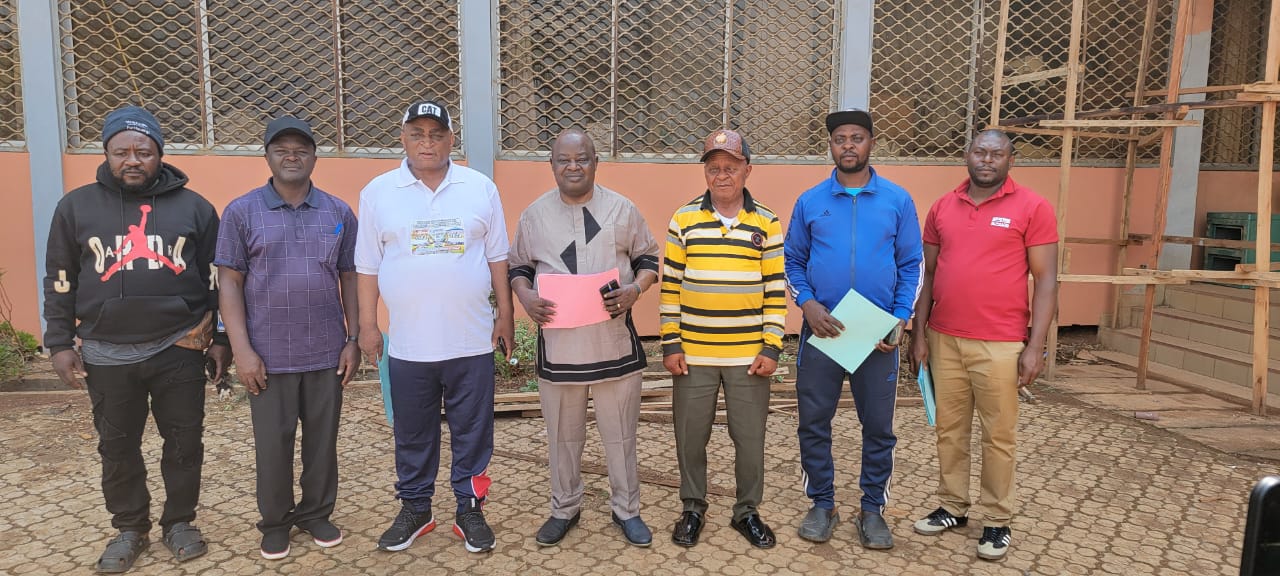The Minister of Posts and Telecommunications launched, on 8 February, the training sessions of peer educators in student environment for the responsible use of social networks.
This initiative is another component of the government’s ongoing national campaign to promote a culture of cyber security. The campaign was prompted by an injunction from the President of the Republic. During his address to the nation on 31 December 2021, Paul Biya had noted that deviant practices were multiplying on the web: “I ask the government to intensify the sensitisation of all social strata to a citizen use of social networks.
Minette Libom Li Likeng explained that “this programme aims to strengthen the capacity of students from higher education institutions, not only to bring them to adopt civic attitudes during their deployment in digital platforms, but also to make them peer educators in their respective communities”.
In response to this injunction, Minpostel is working to mobilise all strata of society by appointing goodwill ambassadors: sportsmen and women, administrative executives, artists, etc. It is now the turn of the students. For Minette Libom Li Likeng, this phase is crucial because students and young people are the age group most exposed to the evils of the Internet. “Young people must be educated and sensitised,” she says.
It all started in November 2022 with the organisation of a forum aimed at drawing students’ attention to the dangers of the Internet. The aim was to get them to adopt civic attitudes while deployed on social platforms. It was at the end of this gathering that 800 students, recruited from 20 higher education institutions in the city of Yaounde, were designated as peer educators. These are the ones who are participating in the training sessions launched by Minpostel on February 8.




